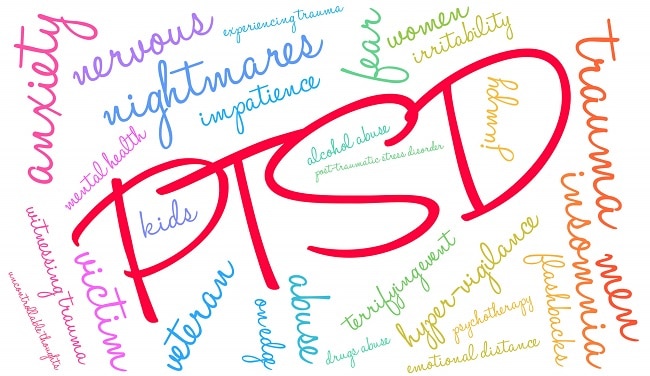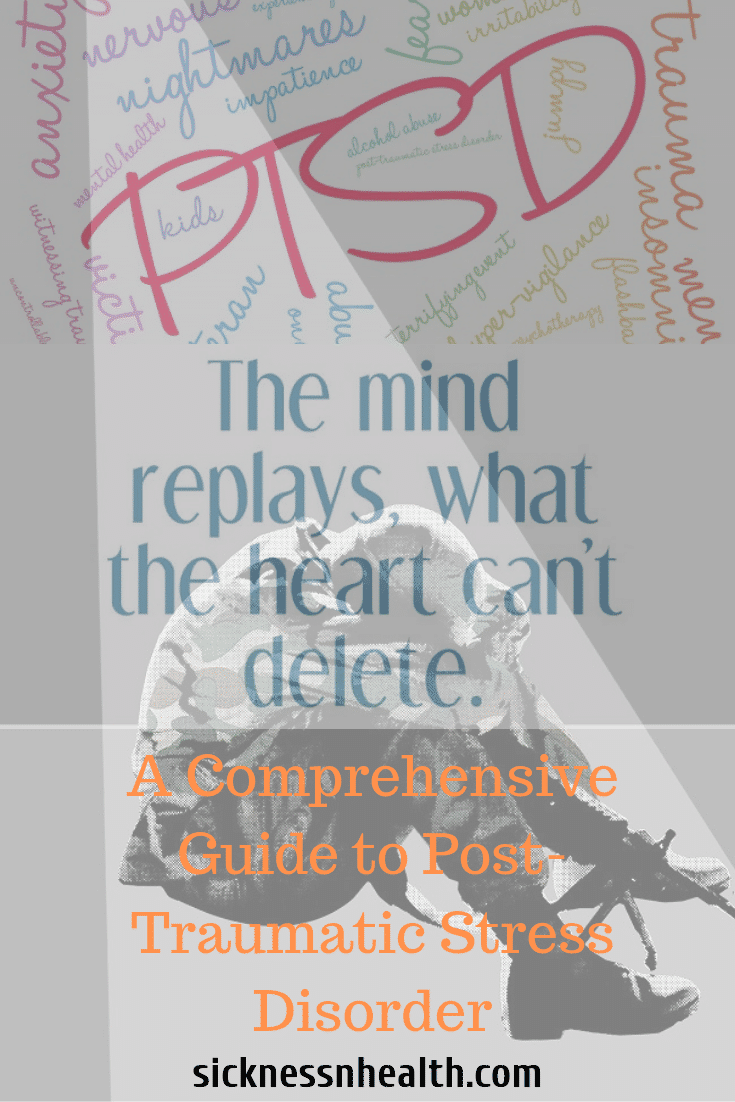Page Contents
by David Milsont
Traumatic experiences can make anyone feel frightened, anxious, and disconnected from the world. But if one feels a constant sense of danger, pain, and helplessness, they could be suffering from acute post-traumatic stress disorder (PTSD). The feeling lasts for years for some people and they might feel they cannot be normal again. But with treatment, and by making some positive changes in their lifestyle along with new coping skills, one can overcome PTSD and continue their lives peacefully.
PTSD – An Overview and Impact
Post-traumatic stress disorder (PTSD) affects people normally when any event creates fear in their psyche. Most people suffer from PTSD especially after being raped or after being on the battlefront. But any event that overwhelms one with feelings of helplessness and emotional breakdown, it could trigger PTSD, especially during unpredictable and uncontrollable situations.
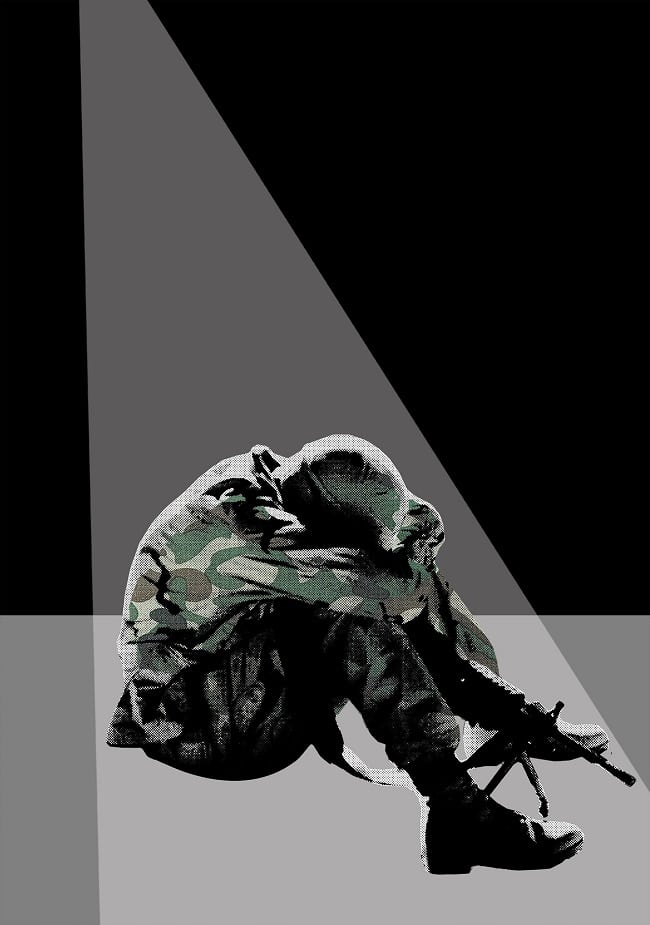
PTSD can affect people who witness traumatic incidents or emergency workers and law enforcement officers who constantly witness such scenarios. PTSD could also affect children who are too young to understand a situation as it is, in reality.
Everyone experiences some form of PTSD especially if a calamity happens or a death rocks a family. People feel unbalanced or numb for some days or years too. They could have bad dreams, feel afraid, or continue to think about the event again and again. But for most, the symptoms die down in due course of time. But with PTSD, the symptoms don’t decrease at all. The feelings never get better each day and in fact, they may feel worse than ever.
Signs and symptoms of PTSD
PTSD affects individuals and differs from person to person because the tolerance for stress is different for each one of us. It can sometimes take weeks or even years for people to be completely normal. A familiar noise, an image, words, or smell could trigger PTSD and affect individuals negatively. Here are the four main types of symptoms.
- Re-experiencing the traumatic event and recollection of the incident through intrusive flashbacks, nightmares, or other reactions when reminded of the trauma.
- Avoidance of everything that reminds them of the trauma with a sense of a limited future
- Hyperarousal, sleep problems, irritability, angry outbursts, and aggressive behavior.
- Negative thoughts, negative words, mood changes, lack of focus, depression, and hopelessness throughout the day.
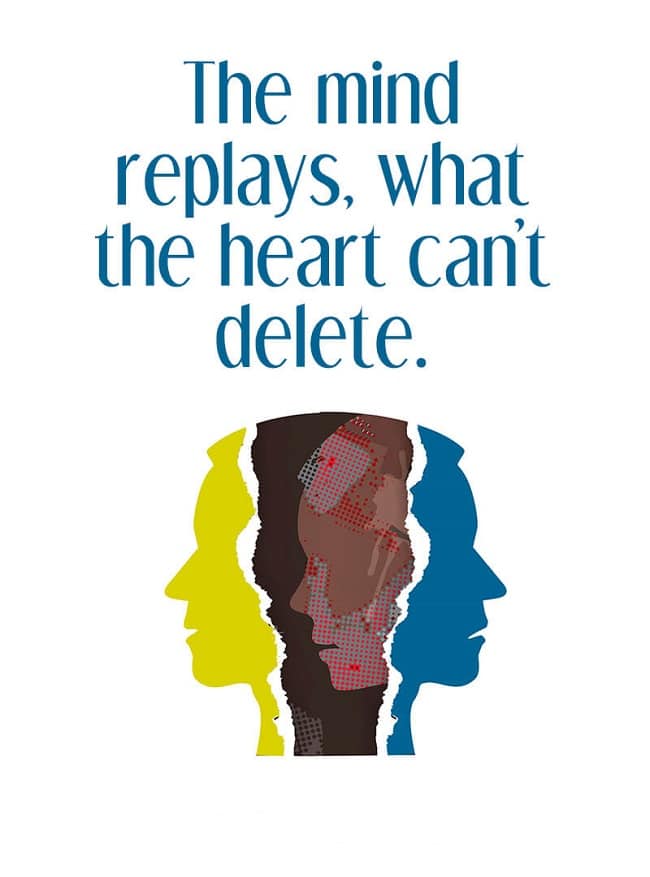
Positive ways of coping with PTSD efficiently
- Learn more about trauma and the impact of PTSD
- Join PTSD support groups for mutual sharing
- The practice of easy relaxation techniques
- Pursue outdoor activities and adventure sports
- Confiding in a person who is trustworthy
- Spend time with positive, friendly people
- Avoid drugs, alcohol, and addictive substances
- Enjoy natural surroundings and leisure
Treatment available for PTSD
- Opting for Trauma-focused cognitive-behavioral therapy benefits, in the long run, owing to involves gradual “exposure” of feelings and trauma-based situations and replacement of distorted memories with a better, balanced picture.
- Family therapy can help a great deal especially if one shares what is feeling through and resolve relationship problems within the family.
- Medication is prescribed to relieve symptoms of depression or anxiety even though they play a minor role in PTSD.
- EMDR (Eye Movement Desensitization and Reprocessing) including elements of cognitive-behavioral therapy with the help of rhythmic eye movements, left-right stimulation, and other techniques to “unfreeze” the brain functions that slowed down due to stress.
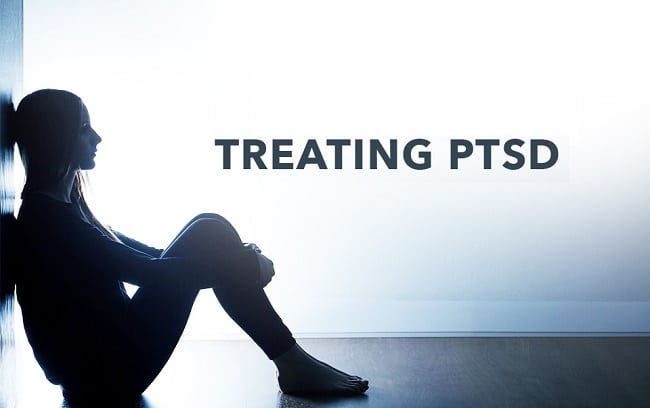
It is evident that the treatment for PTSD from reputed doctors and healthcare professionals should be done sooner rather than later. One should always rely on positive channels to reinforce the belief in life and move on from trauma.
